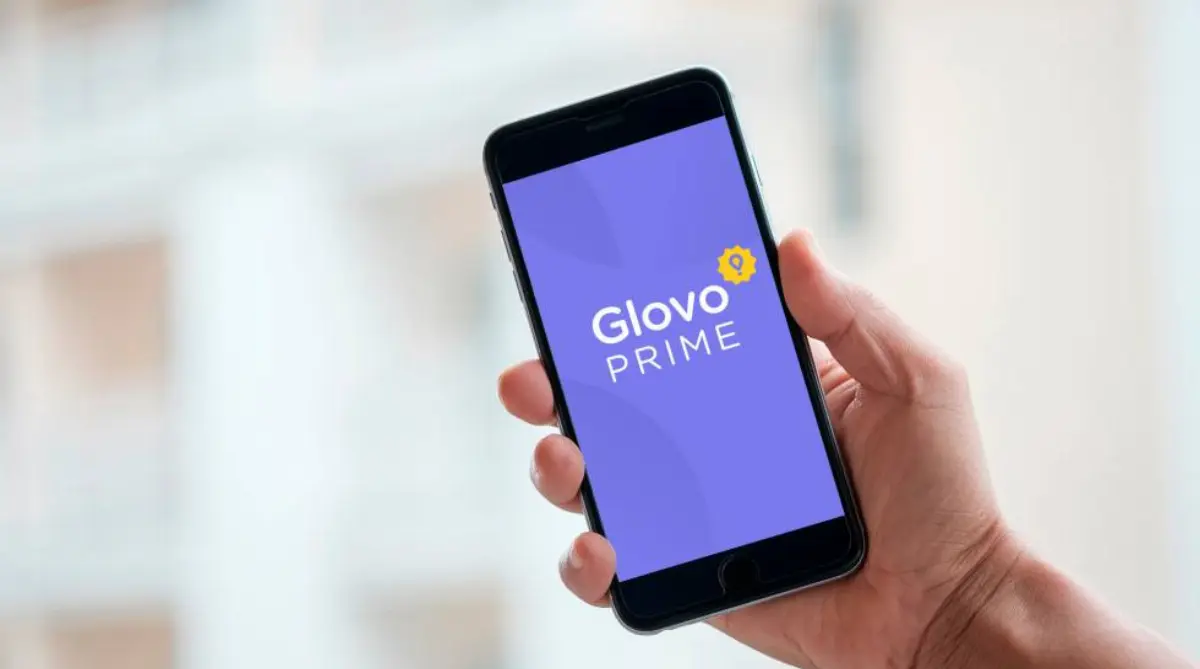
The EU hits Delivery Hero and Glovo: maxi fine of 329 thousand euro
Commission landmark decision: 2 companies accused of cartel in online food delivery

It has already been called "historic judgment". And it certainly is, as confirmed by the EU Commission that for the first time issues a decision in which it detects a cartel in the labour market and sanctions the anti-competitive use of a minority share in a competing company. The maxi fine of 329 million euros has been imposed on two food delivery giants such as the German Delivery Hero and the Spanish Glovo, accused of having made "cartel" in the field of online food delivery. Delivery Hero was fined 223,285 Euros and Glovo105,732 Euros.
The official communiqué from Brussels states: the two companies have agreed not to evade each other’s employees; they have exchanged commercially sensitive information and have divided up their geographic markets. The infringement concerned the European Economic Area ("EEA") and lasted for four years. Cartels like this reduce choice for consumers and business partners, reduce opportunities for employees and reduce incentives to competition and innovation".
"Both companies have admitted their involvement in the cartel and have agreed to close the case," the statement said. Delivery Hero and Glovo are two of the largest food delivery companies in Europe. In July 2018, Delivery Hero acquired a non-controlling minority stake in Glovo and progressively increased this stake through subsequent investments. In July 2022, Delivery Hero acquired sole control of Glovo.
"The Commission -adds the note-, found that from July 2018 to July 2022, Delivery Hero and Glovo have progressively eliminated competitive ties between the two companies and replaced competition with anti-competitive coordination at multiple levels". In particular, the two companies have agreed to:
- not to compete with each other. The shareholders' agreement initially included limited non-reciprocal hiring clauses for some employees; shortly afterwards, this agreement was extended to become a general no-contact arrangement with the other company’s employees;
- the exchange of commercially sensitive information (for example, on business strategies, prices, capacities, costs and product characteristics) has enabled companies to align and influence their behaviour in the market;
- the two companies have agreed to divide up the national markets for online food delivery in the EEA, eliminating any geographical overlaps between them, Avoiding entering their respective national markets and coordinating which of the two should enter markets where neither was present.
"All the practices described above -writes EU- have been facilitated by the minority participation of Delivery Hero in Glovo. Owning a stake in a competitor is not per se illegal, but in this particular case it has allowed anti-competitive contacts between the two rival companies at different levels. It also enabled Delivery Hero to gain access to commercially sensitive information and influence Glovo’s decision-making processes, and ultimately align the two companies' respective business strategies".
The survey, launched in July 2024, they explain from Brussels, "is part of the Commission’s efforts to ensure reasonable choice and prices for consumers' food purchases". In a young and dynamic market such as online food delivery, where operators often try to be leaders or exit the market, "anti-competitive agreements and restrictive business practices, in particular market-sharing cartels, may lead to a hidden consolidation of the market", with potential negative effects on competition. This survey "also contributes to ensuring a fair labour market", where employers do not collude to limit the number and quality of opportunities for workers, but compete for talent.
"We have fined Delivery Hero and Glovo a total of 329 million euros for participating in a cartel in the sector of online food deliveries -confirms Teresa Ribera, executive vice president for clean, fair and competitive transition-. The parties agreed not to evade each other’s employees, exchanged information and allocated geographic markets within the EEA. This case is important because these practices were facilitated by an anti-competitive use of the minority stake of Delivery Hero in Glovo. It is also the first time that the Commission has sanctioned a no-catch agreement, where companies stop competing for the best talent and reduce opportunities for workers".
EFA News - European Food Agency